A step-by-step guide for expats
You know you’re really settling into life in Spain when you’ve mastered the art of the two-hour lunch, start saying “vale” more than “okay”, and—perhaps most crucially—you realise you can’t do much without your NIE. Whether you’re buying a sun-drenched flat in Costa Blanca, registering for healthcare, or just trying to open a bank account, this little number is your golden key.
So, what exactly is the NIE, who needs it, and how on earth do you get it? Let’s unravel it all—with just enough charm to make Spanish bureaucracy feel… almost enjoyable.
What is the NIE and who needs it?
The Número de Identidad de Extranjero (NIE) is a personal identification number assigned to foreigners in Spain. Think of it as your official ID for anything remotely legal or financial.
👉 Do you need a NIE?
Yes—if you’re a foreigner, whether you’re from the EU or not. The NIE is necessary if you:
- Want to work legally
- Buy property or a car
- Register a business
- Pay taxes or contribute to Social Security
- Access public healthcare
- Open a bank account or sign up for utilities
- Enrol your kids in school or register at the local town hall
📌 Important: The NIE itself is not a residence or work permit. It just identifies you to the Spanish authorities.
Types of NIE
There are two main types of NIE:
Temporary NIE
Valid for up to 3 months, ideal for short stays or specific transactions (e.g. buying a house).
Permanent NIE
Issued along with a residence or work permit, and intended for long-term stays.
How to apply for a NIE
Depending on where you are—in Spain or abroad—the process differs slightly. But don’t worry, we’ll walk you through both. 👇
Applying for a NIE in Spain
📝 Step 1: Fill in Form EX-15
Download and complete the official form (in Spanish – find the link below). Fill it out online or by hand, print and sign two copies.
📄 Step 2: Gather your documents
You’ll need:
- Original and copy of your valid passport
- Written justification (e.g. job offer, property purchase)
- Spanish address (temporary or permanent, for notifications)
- Proof of legal entry into Spain (passport stamp or travel ticket)
💶 Step 3: Pay the fee (Modelo 790 Código 012)
Complete the online form using the link provided below. Choose the option “Asignación de Número de Identidad de Extranjero (NIE) a instancia del interesado”. Once selected, the form will automatically display the fee amount—€9.84 for 2025. Print the form and pay the fee at any Spanish bank.
📅 Step 4: Book your appointment (Cita Previa)
The documentation must be submitted at the Immigration Office (Oficina de Extranjería) or the Police Station (Comisaría de Policía) corresponding to your place of stay or residence. An appointment is required, so use the links below to find a date that suits you.
Navigating the Spanish administration websites can be challenging, so you may want to ask a translator or Spanish-speaking friend for help.
📁 Step 5: Submit your application
Attend your appointment at the police station or foreigner’s office. Bring all documents, copies, and proof of payment.
Receiving your NIE at a Spanish Police Station or Immigration Office can take anywhere from the same day to several weeks, depending on your case and the office’s workload. For simple or temporary NIEs, it may be issued within hours or a few days. Check with your local office for a precise estimate.
Applying for a NIE from abroad
If you’re not in Spain yet, no problem—you can apply through your nearest Spanish embassy or consulate.
🌍 Step 1: Find your local embassy/consulate
Use the official directory “Ministry of Foreign Affairs – Embassies and Consulates” (link below) to locate the nearest relevant office.
📞 Step 2: Contact them first
Every embassy works slightly differently. Call or check their website to confirm:
- If they process NIEs
- What specific documents are required
- How to book an appointment
📂 Step 3: Prepare your paperwork
This typically requires, among other:
- Form EX-15 (download from link below)
- Valid passport and photocopy
- Written justification
- Spanish address (even if temporary)
- Fee (some consulates allow local payment, others don’t—check!)
🏛️ Step 4: Attend your appointment
Go to your appointment in person with your documents. Some embassies may accept postal submissions, but it’s rare.
📬 Step 5: Wait for your NIE
The consulate will send your NIE via email or post once processed. Times vary—some take weeks, others only a few days.
Final tips
(from someone who’s queued for this)
- Start early: Appointments can be scarce in popular areas like Alicante.
- Photocopies matter: Bring originals and copies—officials love a well-prepared applicant.
- Consider hiring a gestor: A trusted local admin pro can save you time and sanity.
- Don’t confuse NIE with TIE: The TIE (Tarjeta de Identidad de Extranjero) is the physical ID card for non-EU residents. Different process, same charming paperwork.
Useful official links
- Form EX-15 (PDF) (NIE application)
- Modelo 790 Código 012 (Fee payment form)
- List of Immigration Offices in Spain (to book your appointment)
- Map of Police Stations in Spain where booking an appointment is possible (zoom to your area and check for the ones displaying “Oficina de Extranjería”)
- Ministry of Foreign Affairs – Embassies and Consulates
- List of foreign Consulates in Spain, by country
In a nutshell…
Getting your NIE might not be the most glamorous part of moving to Spain, but it’s absolutely essential for building a life here—whether you’re a sun-seeking retiree, a startup-loving nomad, or somewhere in between.
💡 Bonus Tip: Before jumping into paperwork, take a look at our full guide to moving to Spain. It covers everything from visas to housing to healthcare. You’ll thank us later.
What if I don’t speak Spanish well enough to handle the process?
Don’t worry—you’re not alone! If the language feels like a barrier, or you’d simply prefer someone to handle it all for you, check out our directory of trusted gestores and immigration lawyers. They’re experts at navigating Spanish red tape so you don’t have to.
And just remember: behind every long queue is a story worth telling over tapas. 🍷
FAQ – NIE Number in Spain: What Expats Ask Most
Yes, you can apply for your NIE through a Spanish consulate or embassy in your home country. The process varies by location, so check their website or call ahead. Our article explains how to do it step by step.
Not usually, unless they’re involved in legal or financial processes (e.g., inheritance, property ownership). However, many families apply for a NIE for each family member as a future-proofing step.
The NIE number itself doesn’t expire—it’s yours for life. However, the certificate or documentation that contains the NIE (especially temporary versions) might need renewal depending on your residency status.
No, unless you are a citizen of the EU, Switzerland, or the EEA.
The NIE does not grant the right to work. As a non-EU citizen, you will need, among other things, a residence and work permit. The NIE is just your tax and legal identifier.


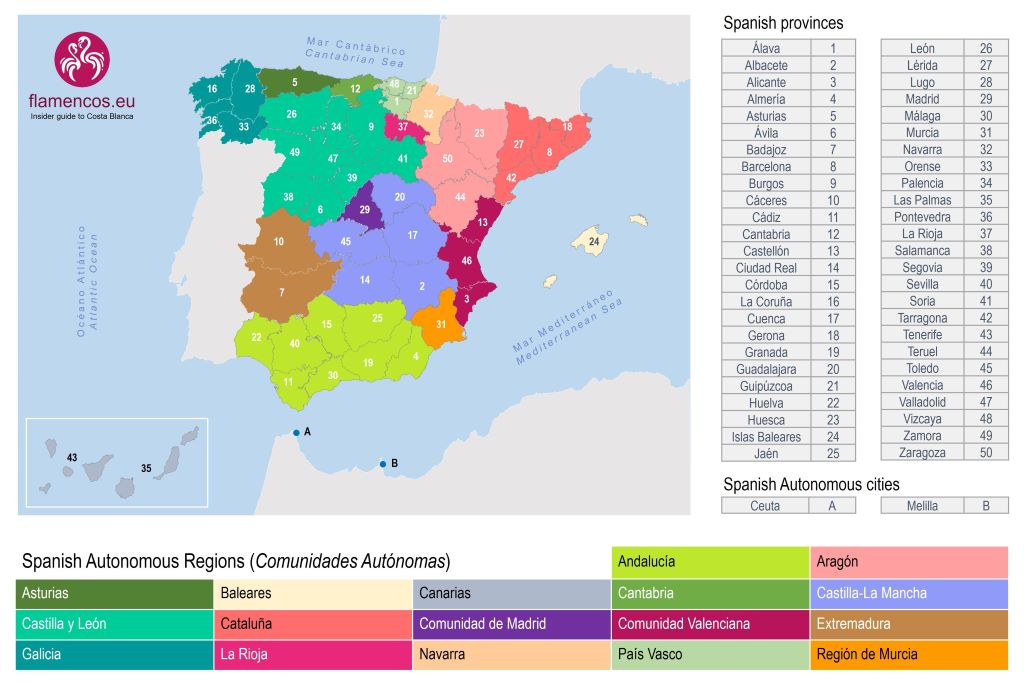
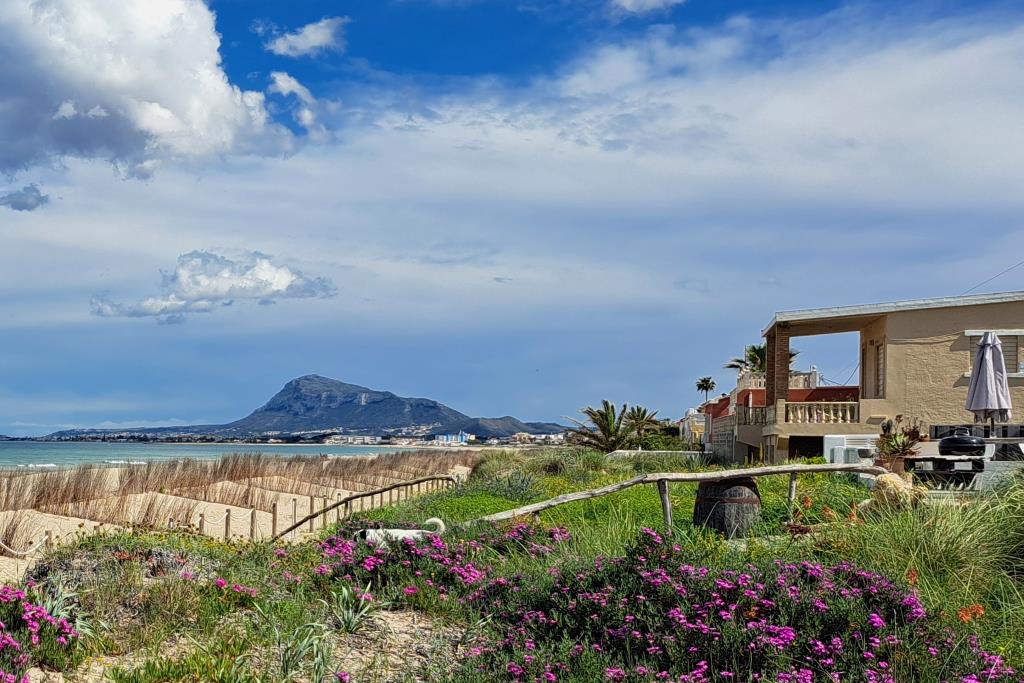
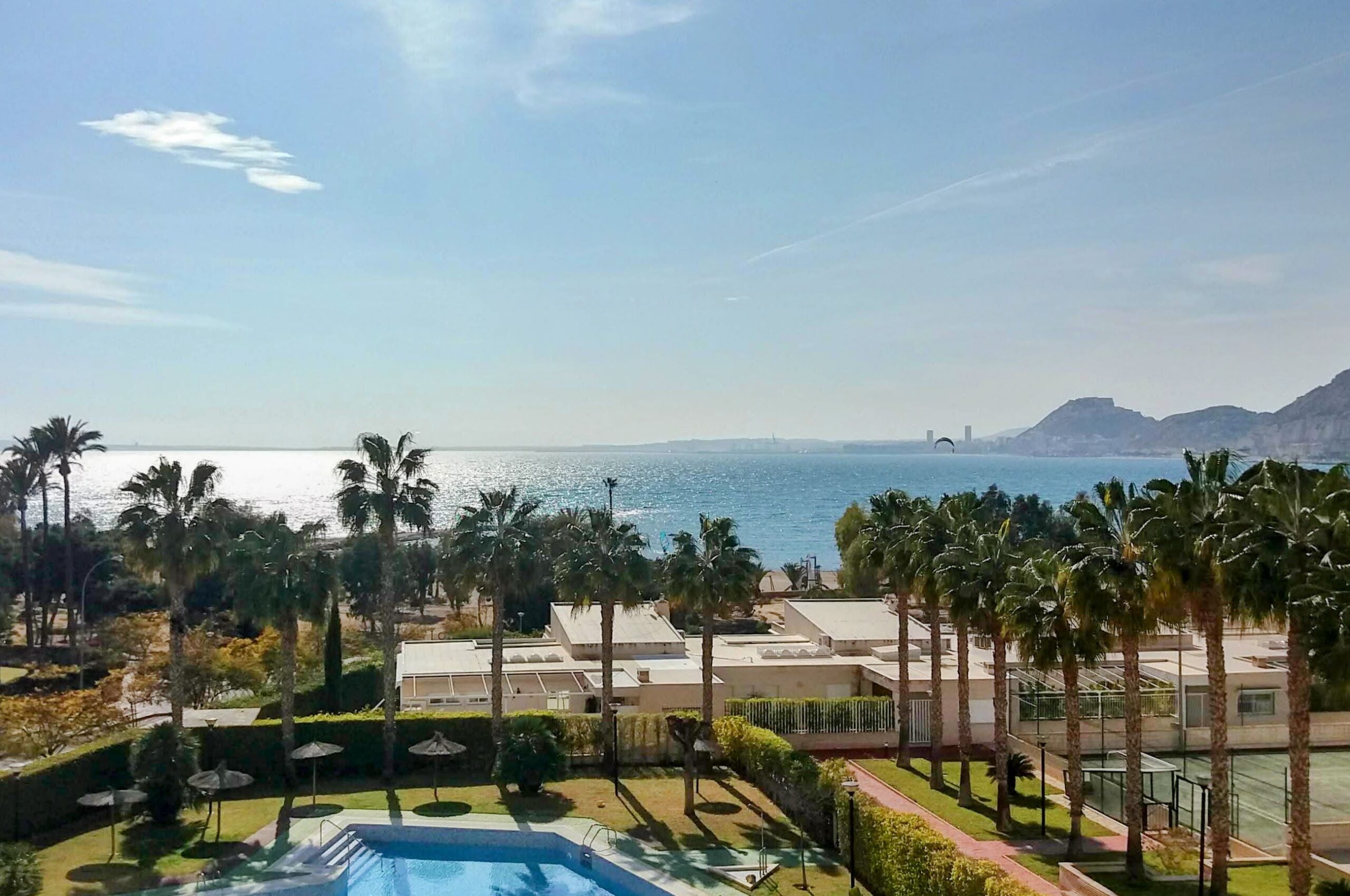
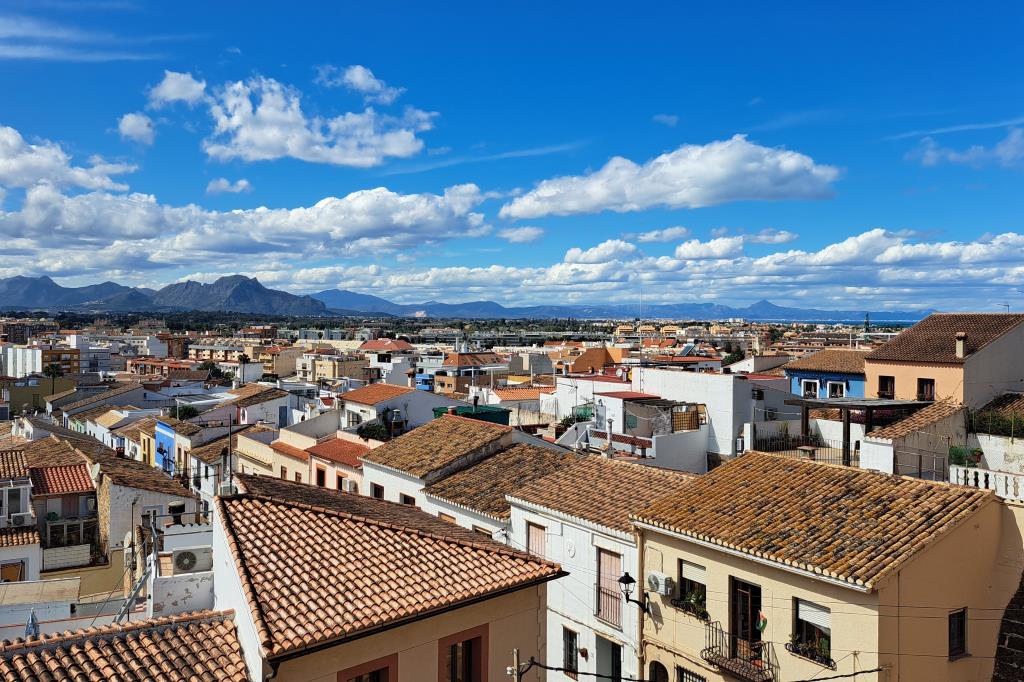


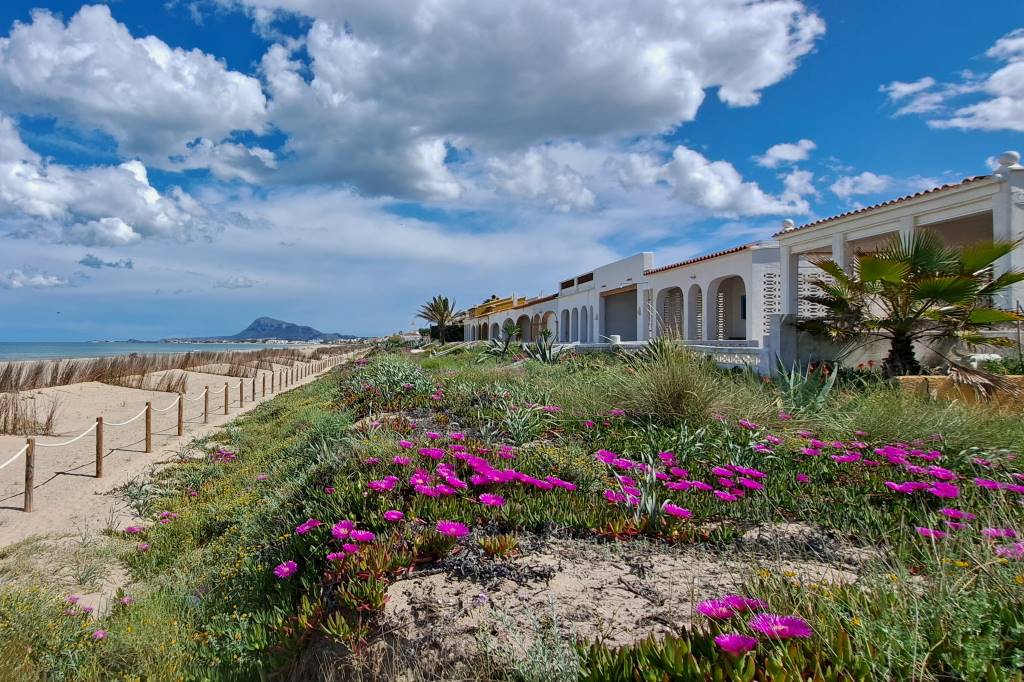

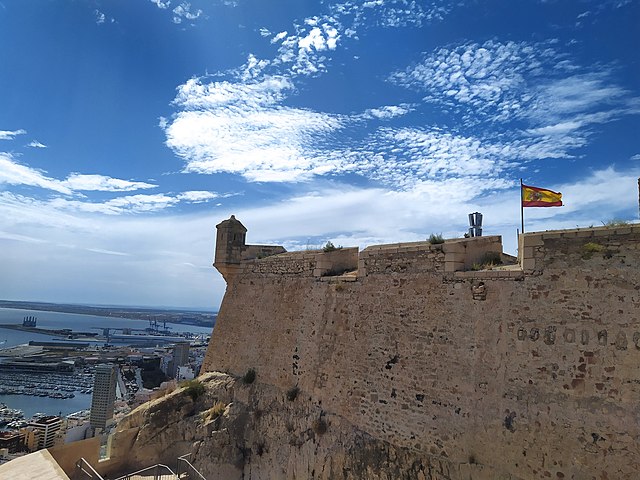
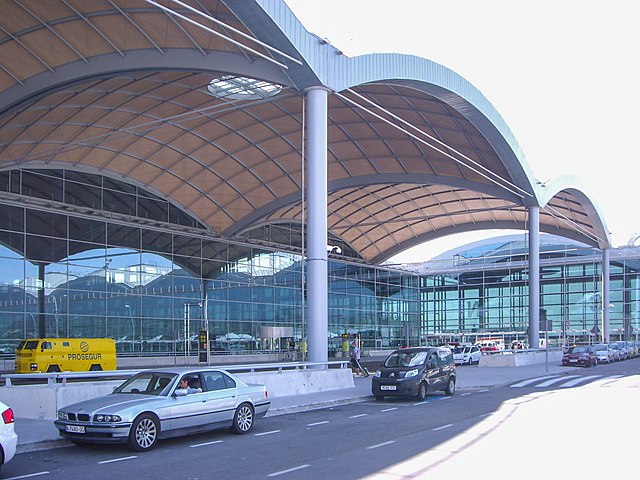
Leave a Reply
You must be logged in to post a comment.